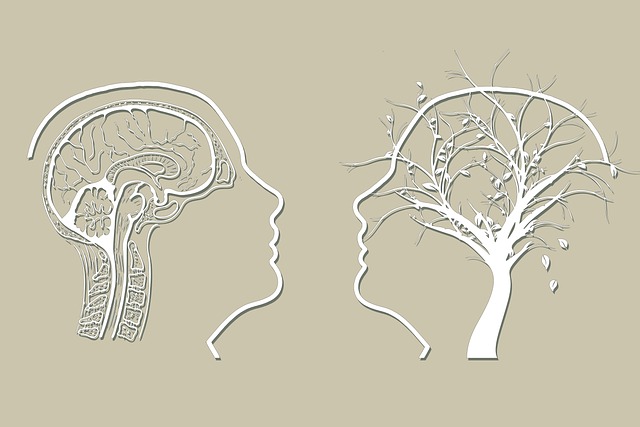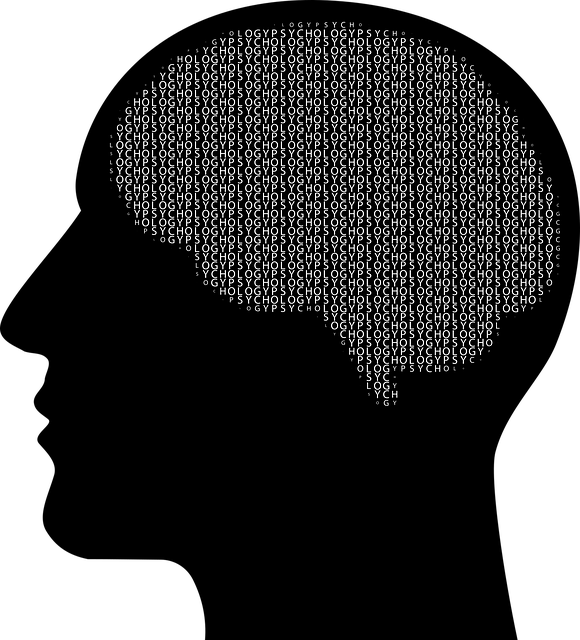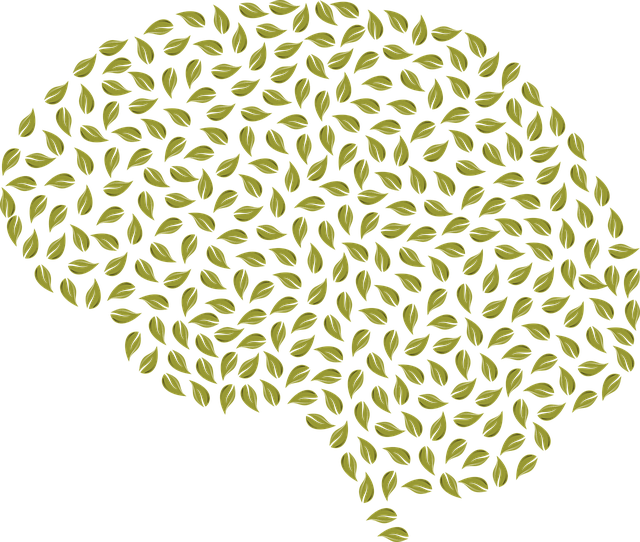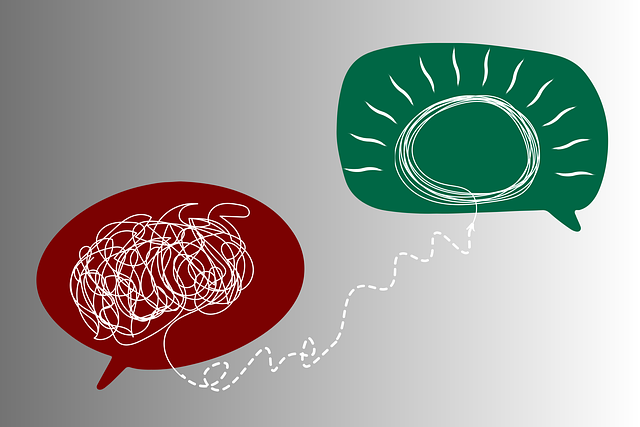Denver EMDR Certified Therapy is a pioneering mental wellness initiative using Eye Movement Desensitization and Reprocessing (EMDR) to transform lives by addressing trauma and anxiety. Integrating emotional healing with physical responses, this therapy guides clients through eye movements to release repressed emotions. Effective coaching programs in Denver tailor support, incorporate evidence-based techniques like EMDR and CBT, foster self-care routines, and enhance mental health literacy. Measuring success through assessment tools and cultural competency training ensures tailored interventions leading to improved emotional well-being and long-term resilience.
In today’s fast-paced world, mental wellness coaching programs are becoming indispensable tools for holistic healing. This article delves into the evolution of coaching in modern times, highlighting its definitional and contextual significance. We explore innovative approaches like Denver EMDR Certified Therapy, unlocking the mind-body connection to revolutionize support strategies. Furthermore, we dissect key components for effective coaching programs, evidence-based techniques from EMDR to CBT, and assessment tools to measure impactful client progress.
- Understanding Mental Wellness Coaching: Definition and Importance in Modern Times
- Denver EMDR Certified Therapy: Unlocking the Power of Mind-Body Connection
- Designing Effective Coaching Programs: Key Components for Holistic Healing
- Integrating Evidence-Based Techniques: EMDR, CBT, and Beyond for Optimal Support
- Measuring Success and Impact: Assessment Tools for Tracking Client Progress and Program Effectiveness
Understanding Mental Wellness Coaching: Definition and Importance in Modern Times

Mental wellness coaching is a supportive and transformative process that empowers individuals to improve their mental health and overall well-being. It involves guiding clients towards better understanding and managing their thoughts, emotions, and behaviors, fostering resilience and enhancing quality of life. Denver EMDR Certified Therapy, for instance, leverages techniques like Eye Movement Desensitization and Reprocessing (EMDR) to help people process traumatic memories effectively, thereby improving mental wellness.
In modern times, where stress, anxiety, and other mental health challenges are prevalent, coaching programs play a crucial role in promoting self-care routine development for better mental health. By focusing on positive thinking and empathy building strategies, these programs enable individuals to cultivate a more optimistic outlook and strengthen their relationships. This holistic approach ensures that people not only address symptoms but also develop lasting coping mechanisms, leading to sustained improvements in their mental wellness.
Denver EMDR Certified Therapy: Unlocking the Power of Mind-Body Connection

In the heart of Denver, a revolutionary approach to mental wellness is taking root: Denver EMDR Certified Therapy. This cutting-edge method leverages the power of mind-body connection, integrating emotional healing with physical responses. By certifying therapists in Eye Movement Desensitization and Reprocessing (EMDR), communities are gaining access to advanced tools for addressing trauma and anxiety. The process involves guiding clients through specific eye movements while recalling traumatic memories or stressful events, helping to unlock and process hidden emotions stored within the body.
This holistic approach not only aids in Anxiety Relief but also fosters effective Conflict Resolution Techniques by allowing individuals to confront and resolve deep-seated issues. Mental Health Education Programs Design can greatly benefit from incorporating EMDR into their curricula, equipping future therapists with the latest techniques for enhancing patient outcomes. Through Denver EMDR Certified Therapy, individuals are empowered to embark on a journey of profound metamorphosis, discovering lasting peace and resilience within themselves.
Designing Effective Coaching Programs: Key Components for Holistic Healing

Designing effective coaching programs is a holistic approach to healing, incorporating various therapeutic techniques for mental wellness. In Denver, EMDR (Eye Movement Desensitization and Reprocessing) Certified Therapy has proven successful in addressing traumatic experiences. This method, combined with other evidence-based practices, forms the backbone of comprehensive coaching. The key lies in tailoring these programs to individual needs, ensuring each session is a safe space for clients to explore their emotions and challenges.
A well-structured coaching program should include components like mental health policy analysis and advocacy, raising awareness about available resources. Additionally, integrating Mental Wellness Podcast Series Production can offer accessible learning through storytelling and expert insights. Similarly, designing education programs that focus on mental health literacy empowers individuals to take charge of their wellness. These strategies collectively contribute to a supportive environment, fostering growth and recovery.
Integrating Evidence-Based Techniques: EMDR, CBT, and Beyond for Optimal Support

In the realm of mental wellness coaching, integrating evidence-based techniques is paramount for delivering optimal support to individuals seeking guidance. Techniques such as Eye Movement Desensitization and Reprocessing (EMDR) and Cognitive Behavioral Therapy (CBT) have proven effectiveness in treating various mental health conditions. EMDR, for instance, offers a unique approach to help clients process traumatic memories, while CBT equips them with practical tools to challenge negative thought patterns and behaviors. Combining these methodologies allows coaches to tailor interventions that address specific needs, fostering a more comprehensive and effective support system.
For instance, in Denver, EMDR-certified therapy has gained recognition as an innovative crisis intervention guidance method, aiding individuals who have experienced profound trauma or distressing events. Moreover, integrating evidence-based practices into coaching programs can extend beyond immediate interventions; they contribute to burnout prevention strategies by equipping clients with long-term coping mechanisms and resilience-building skills. Public awareness campaigns development around these techniques can further enhance mental wellness, normalizing conversations about seeking help and promoting a holistic approach to well-being.
Measuring Success and Impact: Assessment Tools for Tracking Client Progress and Program Effectiveness

Measuring success and impact is a crucial aspect of any mental wellness coaching program. To accurately track client progress and assess program effectiveness, a variety of assessment tools can be employed. These range from standardized questionnaires and surveys to qualitative measures like interviews and case studies. For instance, Denver EMDR Certified Therapy often utilizes validated scales such as the Depression Anxiety Stress Scales (DASS) or the Perceived Stress Scale (PSS) to quantify clients’ emotional well-being before, during, and after coaching sessions.
Additionally, evaluating emotional intelligence (EI) has become an integral part of many wellness programs, given its significant role in overall mental health. Healthcare provider cultural competency training can also enhance assessment by considering the diverse backgrounds and experiences of clients, ensuring that programs are inclusive and effective for all participants. Furthermore, focusing on stress management techniques allows coaches to measure clients’ ability to cope with life’s challenges, thereby demonstrating program success in promoting resilience and adaptability.
Mental wellness coaching programs are evolving to meet the growing demand for holistic support. By integrating evidence-based techniques like Denver EMDR Certified Therapy, coaches can unlock the mind-body connection, providing clients with powerful tools for healing and personal growth. With a focus on key components such as assessment, evidence-based practices, and measurement of success, coaching programs can offer effective, tailored solutions for improved mental wellness.














